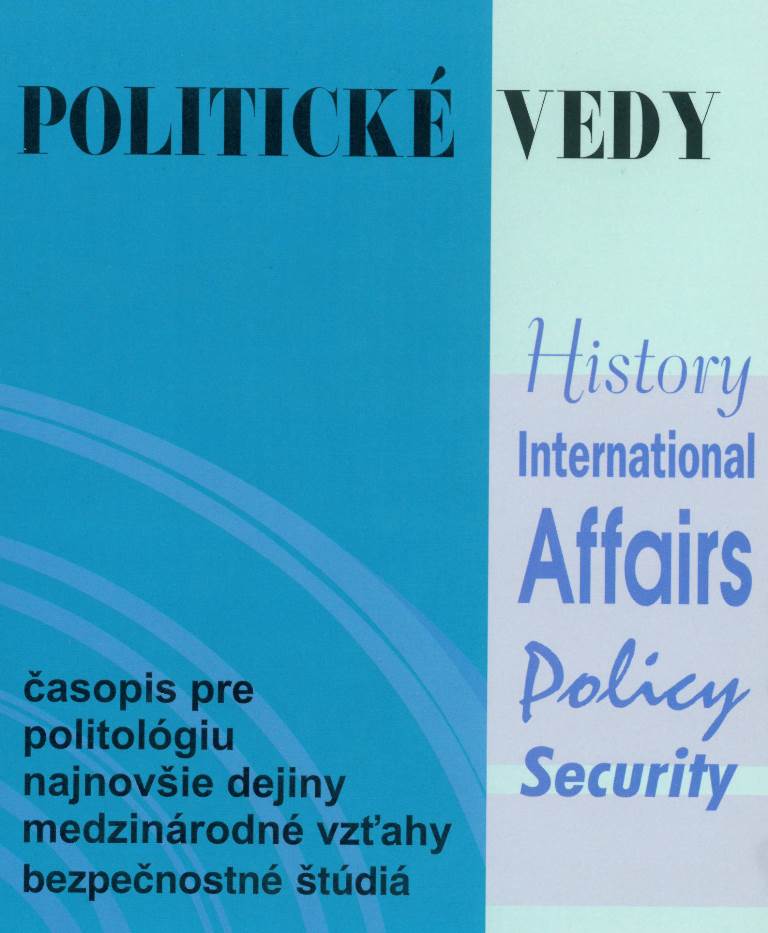Shia Islam and its Influence on the Islamic Republic of Iran’s Foreign Policy in President Rouhani’s Era
Shia Islam and its Influence on the Islamic Republic of Iran’s Foreign Policy in President Rouhani’s Era
Author(s): Ľubomír Čech, Kristina KrupovaSubject(s): Islam studies, Politics and religion
Published by: Univerzita Mateja Bela
Keywords: Islamic Republic of Iran;Foreign Policy;Twelver Shia;Revolutionary Ideology;Religious Factor;Muslim World;
Summary/Abstract: The Islamic Revolution of 1979 had a significant influence on Iran’s developments and its foreign relations. The key factor of this process was a new revolutionary ideology, which became the basis for new foreign policy agenda of the Iranian regime. Islam, which acted as a catalyst for social changes and a source of political conflict, became a characteristic feature of Iran’s foreign policy. The study aims to analyse the philosophical and ideological foundations of Twelver Shia and explain the characteristics of Iranian foreign policy taking into account practical applications of Twelver Shia as well as specific periods and events. An examination of the extent to which Shia Islam shapes the foreign policy positions was a prerequisite for achieving the goals and drawing the conclusions. We tried to find out whether the Islamic Revolution ideology has a long-term impact on developments in the Islamic Republic of Iran’s foreign relations and determine to what extent it impedes the efforts of pragmatic politicians to open up the country to the outside world. To conduct our study, we used international political sociology, which involves analyses and comparisons related to state’s foreign policy, its domestic policy, security as well as religious and social interactions that influence political and ideological thinking of Iran’s regime. What is more, this approach enabled the synthesis necessary for examination of the issues and the logical sequence of research. According to the conclusions, Shia Islam presented a significant platform for development of Iran’s foreign policy attitudes. In Rouhani’s foreign policy, it reflected perpetual conflicts of interest, different ideas about the Islamic Republic of Iran’s foreign policy behaviour as well as the conflict between the state ideology and the natural need for political pragmatism resulting from the current situation in Iran and its international position.
Journal: Politické vedy
- Issue Year: 23/2020
- Issue No: 4
- Page Range: 137-159
- Page Count: 23
- Language: English

